Trump Administration Welcomes First White South African Refugees Amid Controversy
- by Sarah, Washington, RNG247
- about 8 months ago
- 147 views
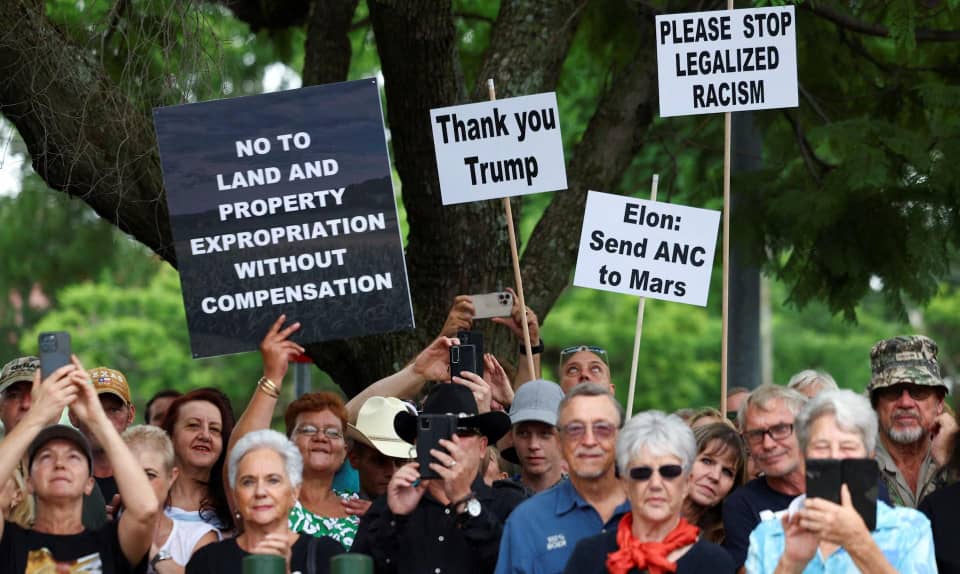
The Trump administration made headlines on May 12 by welcoming 59 white South Africans granted refugee status in the United States, a move that has ignited controversy and drawn sharp criticism from Democratic lawmakers, as well as confusion among the South African populace.
During a press briefing at the White House, President Donald Trump defended the decision, asserting that these individuals were victims of racial discrimination within their home country. He claimed, without substantiation, that Afrikaners were facing violence and persecution, declaring that what was occurring in South Africa amounted to “genocide.” Trump added that he was not prioritizing Afrikaners based on their race, stating, “Their race makes no difference to me.”
However, the South African government has publicly refuted these claims, emphasizing that there is no documented evidence of a “white genocide” occurring in the country. This narrative has been perpetuated by various right-wing figures, including Elon Musk, Trump’s South African-born ally, yet remains unsupported by fact.
In reaction to the preferential treatment of these new arrivals, the Episcopal Church announced it would cease collaboration with federal authorities on refugee resettlement. Presiding Bishop Sean Rowe expressed his disappointment in a letter to church members, highlighting the “painful” reality that this particular group of refugees received unusual priority over others who have been enduring life-threatening conditions or prolonged waits in refugee camps.
Criticism continued to mount as U.S. Senator Jeanne Shaheen, a senior Democrat on the Senate Foreign Relations Committee, publicly expressed her bewilderment at the administration's decision. In a statement, she described the prioritization of Afrikaners as politically motivated and indicative of an effort to "rewrite history."
U.S. Deputy Secretary of State Christopher Landau greeted the first group of Afrikaners at Dulles Airport in Washington, likening their journey to that of his father, a Jewish refugee from Austria who fled persecution in the 1930s.
The context for this refugee resettlement lies in a controversial land law introduced earlier in 2025, aimed at facilitating the government’s ability to expropriate land for the public good. This law has stirred unease among some white South Africans, although as of now, no land has been seized. Charl Kleinhaus, one of the newly arrived Afrikaners set to relocate to Buffalo, New York, shared his fears regarding threats to his life and property.
As the settling of Afrikaners continues, some families are reported to be headed to progressive states like Minnesota, known for its acceptance of refugees, while others plan to move to more conservative areas such as Idaho and Alabama. According to State Department spokesperson Tammy Bruce, the U.S. expects to welcome additional Afrikaner refugees in the upcoming months.
The situation has further strained diplomatic relations as Trump has cut all U.S. financial assistance to South Africa since returning to the White House in January, citing disapproval of the nation's land policy and its pursuit of a genocide case against Israel at the International Court of Justice.
Responding to the unfolding events, South African President Cyril Ramaphosa commented that the outflow of white Afrikaners might be linked to opposition against policies aiming to rectify enduring racial inequalities that have persisted since the end of apartheid three decades ago. He stated, "We think that the American government has got the wrong end of the stick here, but we'll continue talking to them."
As the political tension rises, Trump hinted at an upcoming meeting with South African leadership but indicated he would not attend a G20 summit in the nation in November should the "situation" remain unresolved.
According to studies published in international academic journals, since democratic reforms began in 1994 with Nelson Mandela's election, the historically dominant white minority retains substantial wealth, possessing approximately three-quarters of private land and holding over twenty times the wealth of the Black majority. As this situation evolves, the implications of prioritizing certain refugee groups over others will undoubtedly remain a focal point of debate within both nations.




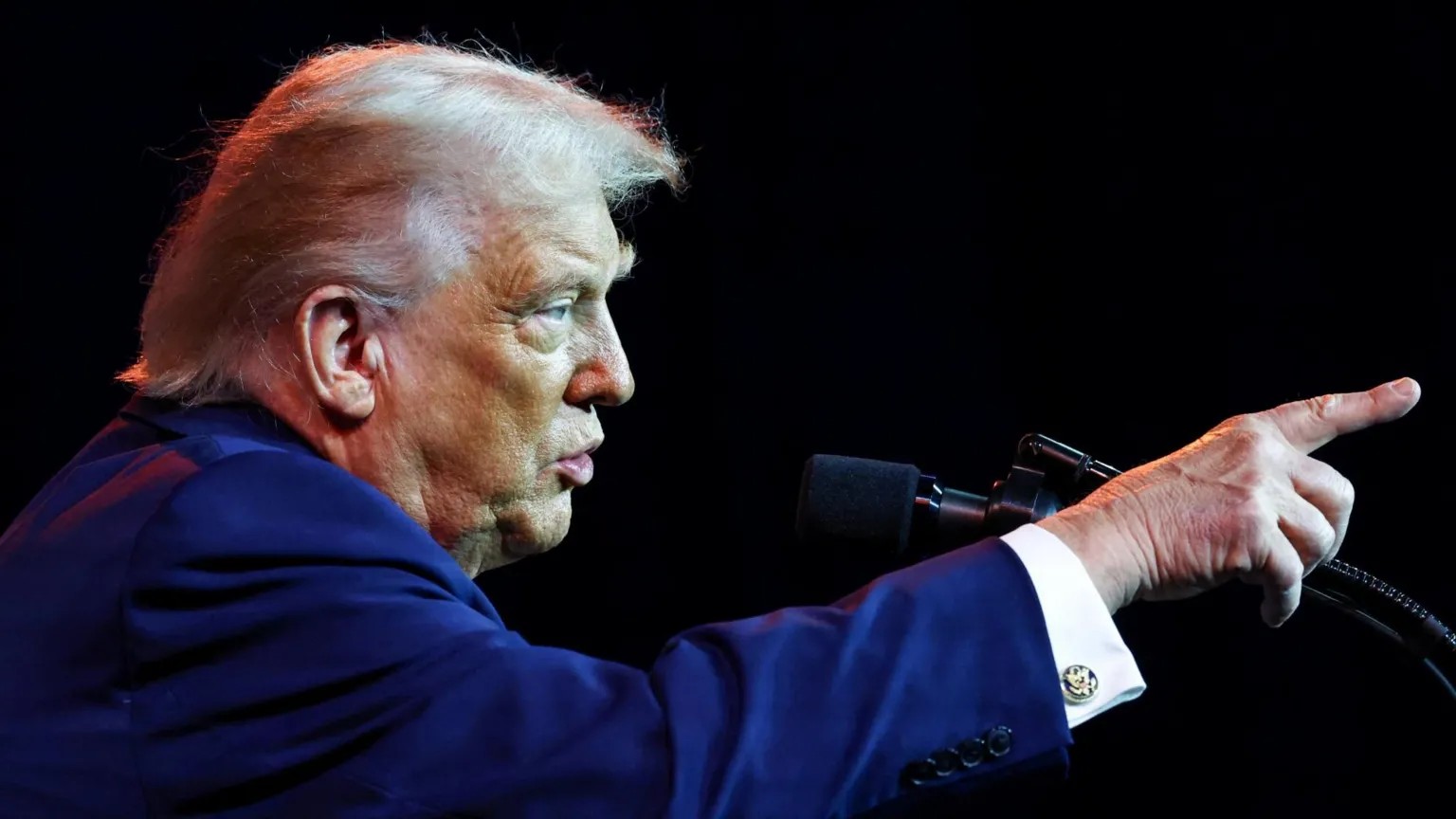
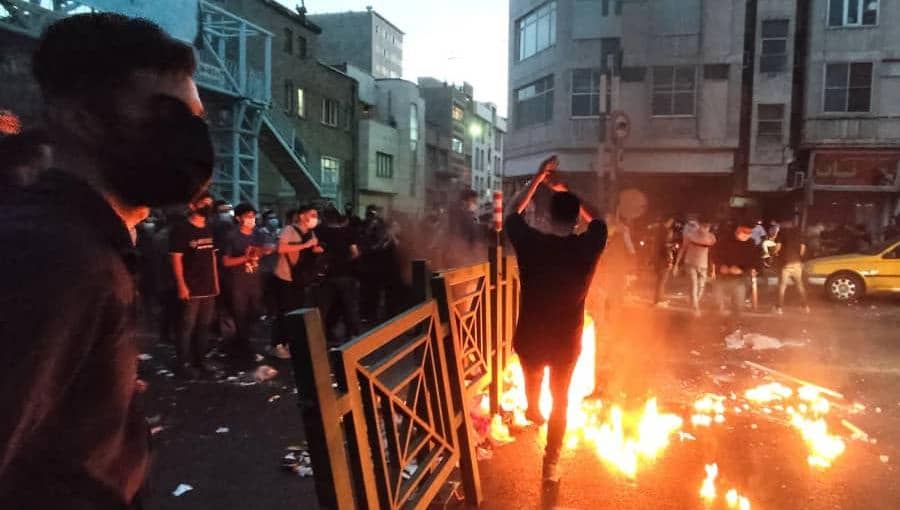
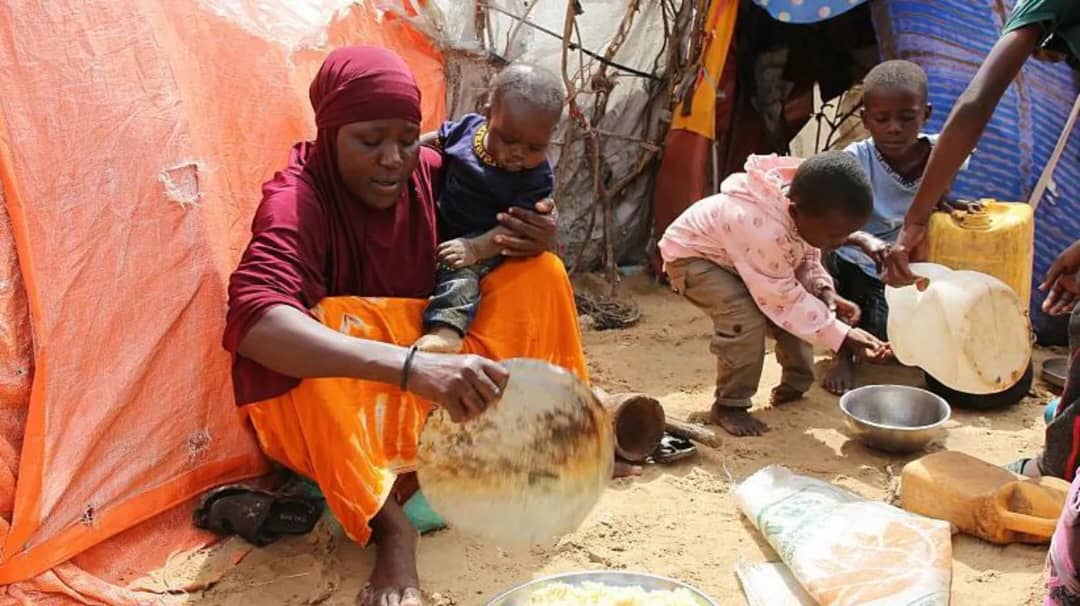
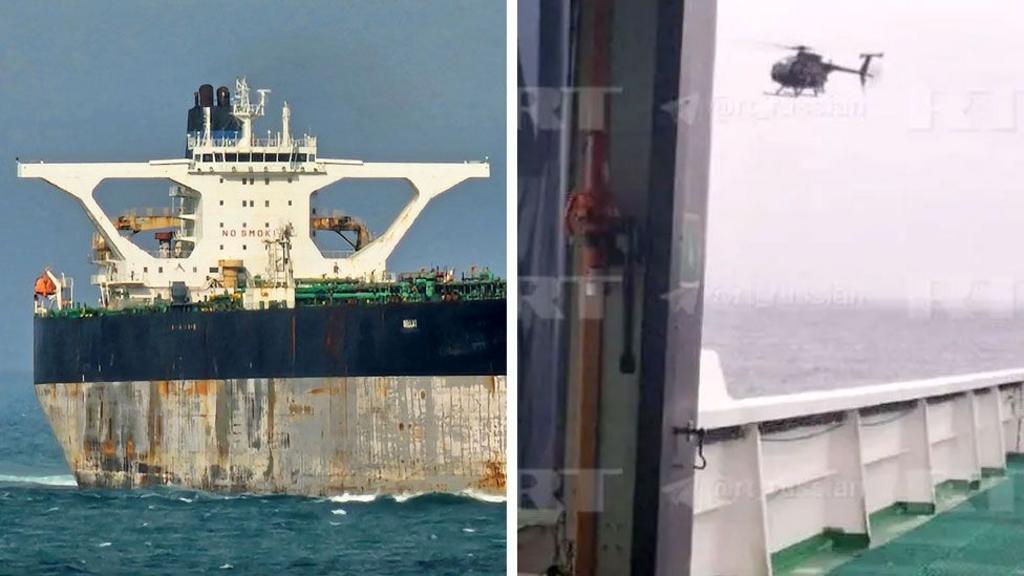
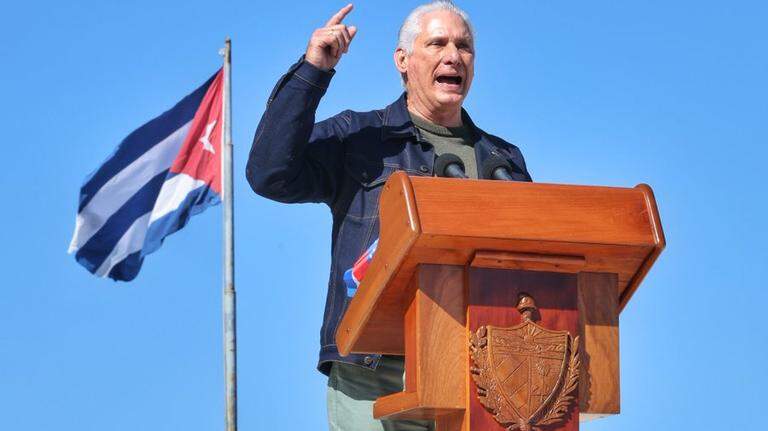
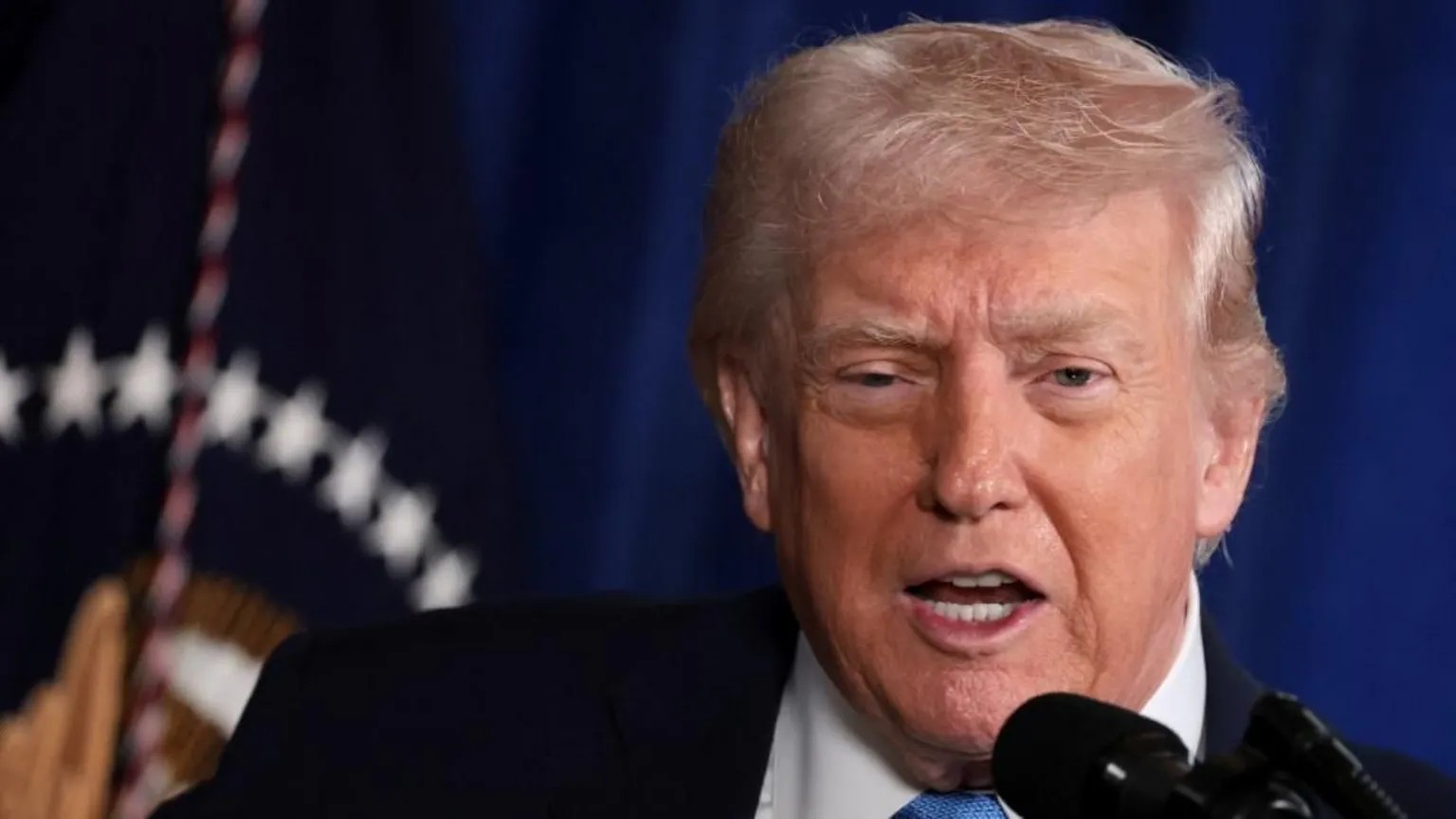
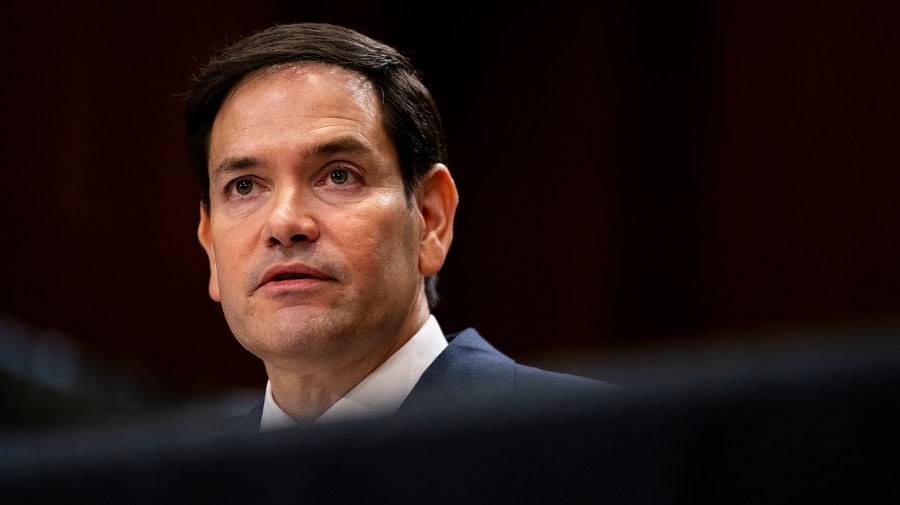
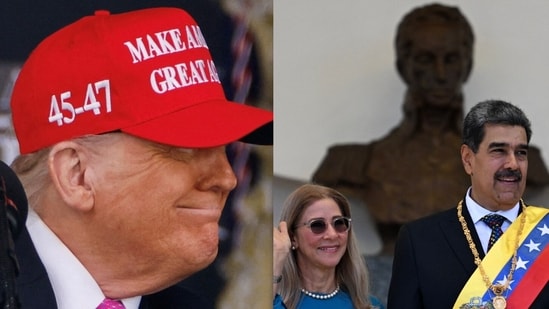
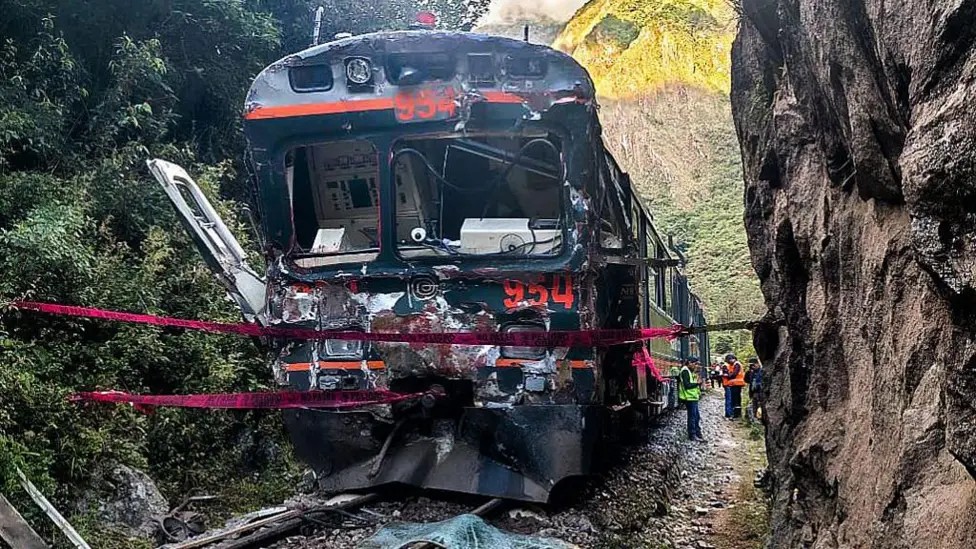
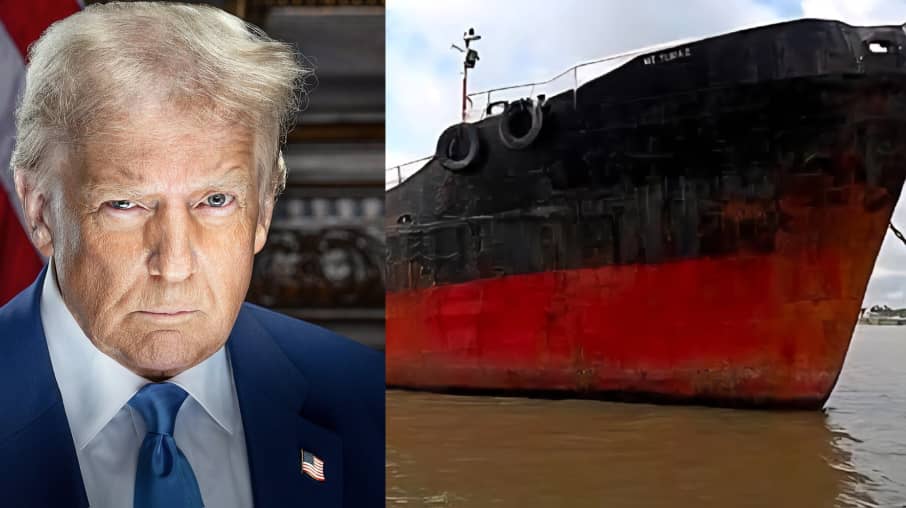
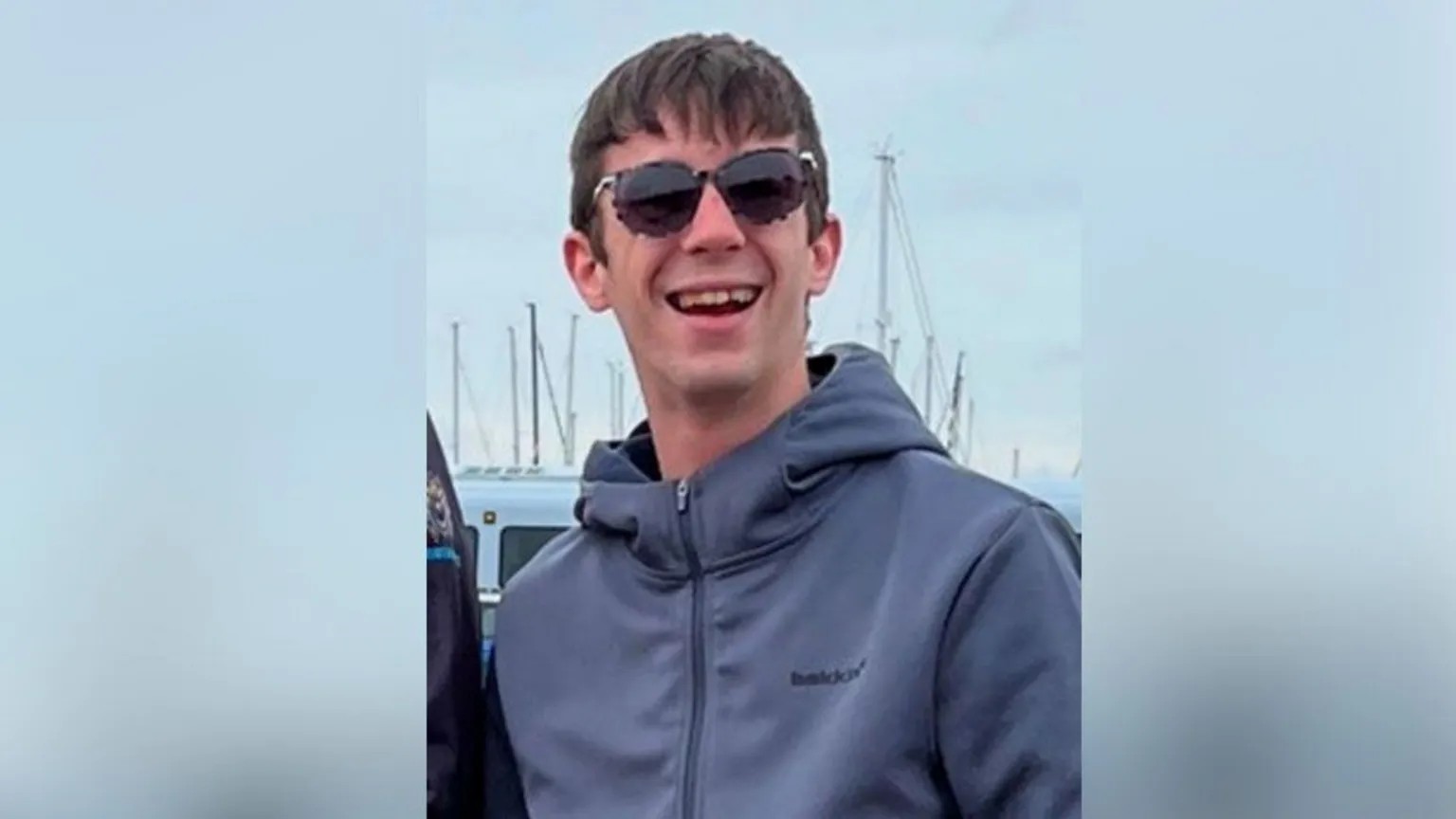

0 Comment(s)